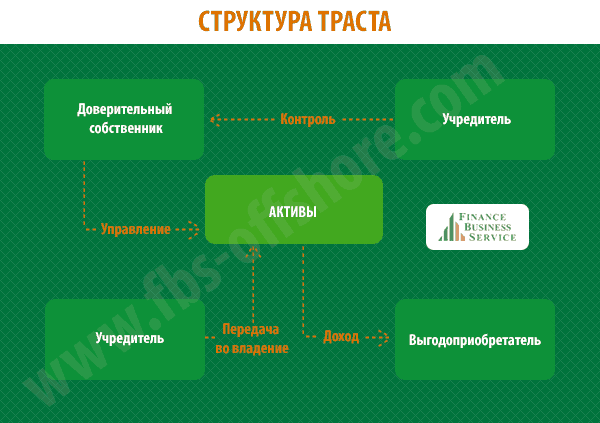Canada, OECD countries are taking steps to the direction of closing tax loopholes for the rich

Banking rules will be tightened, which cost for the government and taxpayers billions each year. Missing revenue from corporate income tax in the range of $ 100 billion and $ 240 billion a year. This year, the Government of Canada and Switzerland closer to the use of Common Reporting Standard (CRS). This agreement will oblige the secretive bankers to share more information with Canada Revenue Agency, so to hide money abroad become more difficult. But this is only one part of a much larger and coordinated effort on the part of many countries. Dozens of countries of the organization for Economic Cooperation and Development (OECD), from 2013, working on closing the "gaps and inconsistencies" in their tax rules that allow large companies and very rich people do not pay their share. Until the transaction is being developed between Canada and Switzerland was preceded by another agreement, signed in January, the free exchange of tax information on large companies. Agreement Canada / Switzerland does not expect to see any exchange of information up until 2018 - if adopted the necessary legislation. Countries still have a long way to go before they will accept...









